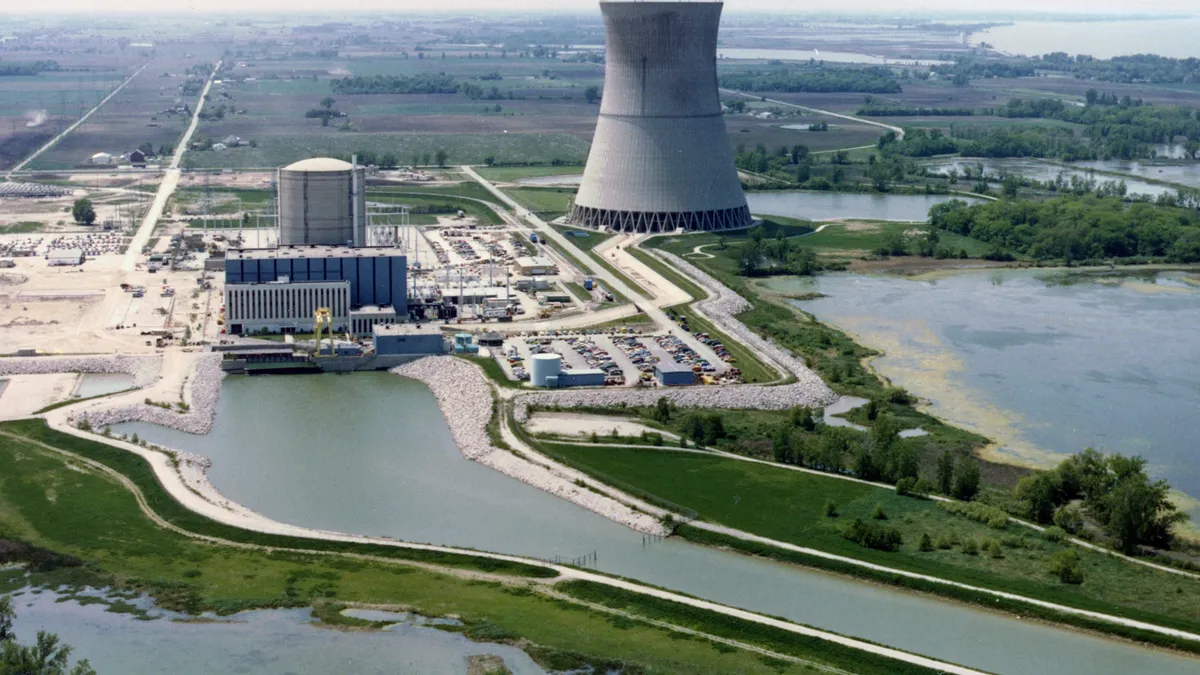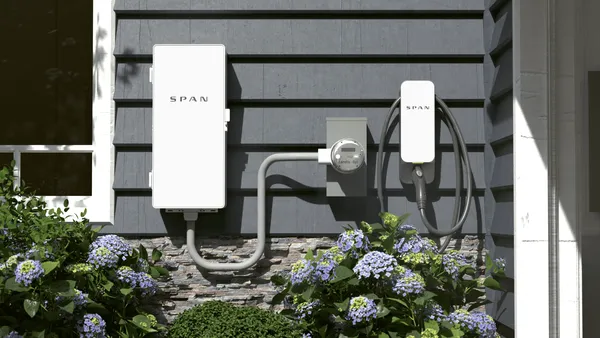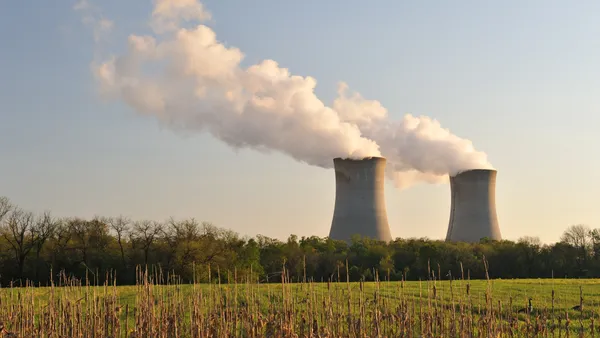Dive Brief:
-
Despite reporting solid second quarter earnings, access to $3.5 billion in liquidity and regulatory guarantees allowing it to ride out the pandemic and collect losses later, FirstEnergy ended last week with an uncertain future.
-
Top executives spent most of their 60 minutes in a public earnings teleconference with analysts on Friday delivering prepared remarks defending the company or batting away questions about FirstEnergy's alleged role in a $61 million federal bribery probe into the passage last year of a $1.5 billion utility bailout bill aimed at saving two northern Ohio nuclear plants owned by a former FirstEnergy subsidiary.
-
The grilling Friday came a day after Standard & Poor's placed FirstEnergy on a negative watch as the company's share price tumbled to below $30 on the New York Stock Exchange and stayed there through Friday's closing bell.
Dive Insight:
The Justice Department on Tuesday ignited the firestorm that has engulfed the company, filing an 81-page affidavit outlining a nearly two-year investigation into the activities of Speaker of the Ohio House Larry Householder (R-Glenford) and his relationship with a utility identified only as "Company A."
The FBI arrested Householder and four others on allegations that they channeled tens of millions of dollars of dark money to candidates willing last year to approve legislation designed primarily to prop up the operations of two northern Ohio nuclear plants operated by a former FirstEnergy subsidiary, independent since FirstEnergy emerged from bankruptcy protection earlier this year.
That former subsidiary, now called Energy Harbor, has had little public reaction, only releasing a one-sentence statement that it will cooperate fully with the government.
FirstEnergy CEO Charles Jones told analysts before they asked that he believed FirstEnergy had acted properly in its lobbying efforts for passage of the legislation.
"I believe that FirstEnergy acted properly in this matter and we intend to cooperate fully with the investigation to among other things, ensure our company and our role and supporting House Bill 6 is understood as accurately as possible," Jones told the analysts in his opening remarks.
"This is a serious and disturbing situation. Ethical behavior and upholding the highest standards of conduct are foundational values for the entire FirstEnergy family and me personally.
"Let me be clear. At no time does our support for nuclear plants in Ohio interfere or supersede our ethical obligations to conduct our business properly. The facts will become clear as the investigation progresses, and we support bringing the facts forward," he said.
Later, as analysts tried to ferret out the extent of FirstEnergy's involvement in Householder's alleged scheme, Jones refused to get into the details of what the Justice Department subpoenas are demanding from the company.
But he did reveal that "of the funds that are referenced in the Department of Justice affidavit, FirstEnergy's share ... is about 25%. We intend to provide the details on what we spent, how we spent it, to the Department of Justice in the coming weeks," he said.
At one point late in the conference, Jones showed his exasperation with the analysts' focus on the Justice Department probe.
"It'd be really nice — we've got about 15 minutes left — if we could actually talk about the great quarter that we had at some point here," he said.
The company reported net profits of $309 million, or $0.57 per share, on revenue of $2.5 billion in the second quarter of this year.
That compares to year ago second quarter earnings of $308 million, or $0.58 per share, on revenue of $2.5 billion.
The company's earnings guidance for the third quarter is a range of $0.73 to $0.83 per share.
Correction: A previous version of this story misinterpreted a comment by FirstEnergy CEO Chuck Jones regarding the company's potential involvement in efforts to pass HB 6. Jones said he believed FirstEnergy acted properly in lobbying for the bill's approval.













